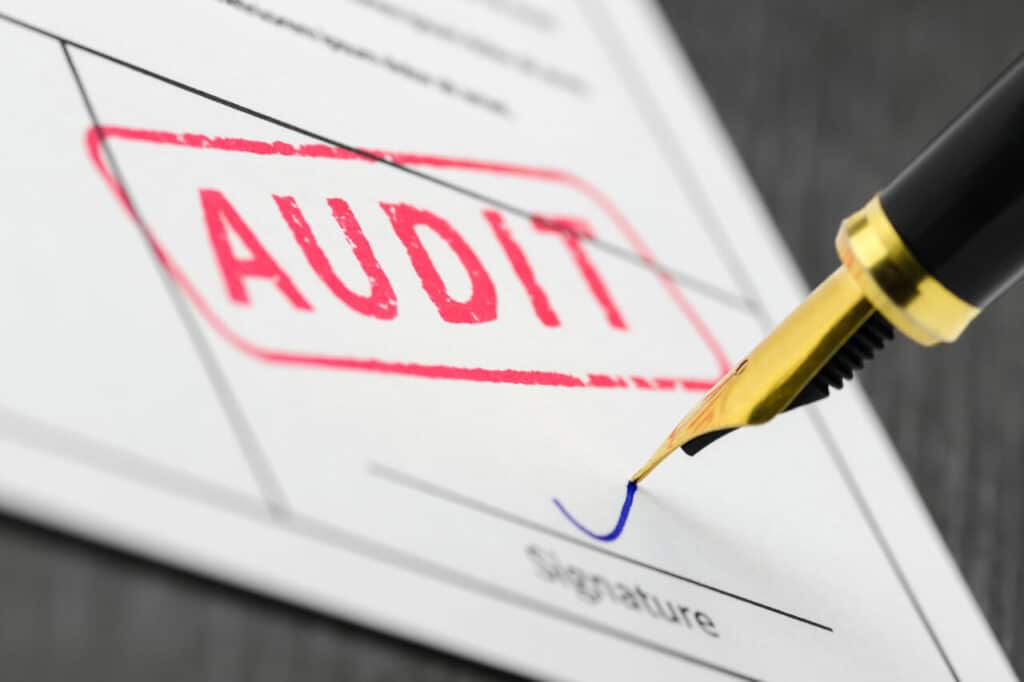What Happens If You’re a Tax Noncompliant US Expat

You’ve earned a six-figure income over the last tax year, but on your tax return, you only declare a five-figure income. You think you can get away with it—after all, with the sheer number of U.S. citizens and residents submitting their tax returns, how can the IRS possibly single you out for noncompliance?
That line of thinking can get you in trouble with the law. For starters, the IRS has a way of obtaining your financial records. They can sniff out undeclared income and assets if they want to. And when your tax return and actual financial status don’t add up, you might be tagged as tax non-compliant.
What is Tax Noncompliance?
When it comes to what non-compliance means, there are two ways to interpret it. Noncompliance could refer to failure to promptly or accurately file your tax returns without malice. Maybe you missed the filing deadline and failed to request an extension, or you missed the inclusion of specific relevant details on your tax return.
For example, if you’re a self-employed American expat, and you mistakenly thought you’re not obligated to file your annual tax returns, you could defend your case and avoid penalties via the Streamlined Foreign Offshore filing procedure.
Other routes to come into compliance may be followed on a case-by-case basis. However, the IRS will decide whether there’s a reasonable cause for your noncompliance and that it was not done willfully. Here, the operative word is willful. If, for instance, you did not pay U.S. expat taxes with malice and with the intention of defrauding the U.S. government, that’s where things get complicated.
Suffice to say there is potential for hefty fines—think, at least 5% penalties for each unfiled month. Plus, the IRS might slap you with a $100,000 penalty for failing to file Foreign Bank Accounts Report (FBAR). If worse comes to worst, you could face criminal prosecution.
Now, you might be wondering, how does the IRS pinpoint those who do not comply with their tax obligations? Well, there’s this thing called a tax audit.
Being scheduled for a tax audit does not automatically mean you’re in trouble. Sometimes, the IRS just needs to clarify some things. So do not panic, and make sure you can defend whatever declarations you made on your tax returns.
You’re Likely to Get Audited by the IRS If…
1. You take too many tax deductions.
You have the heart of a philanthropist. You donate to various charities. And on your tax returns, you apply for your donations’ corresponding deductions. Here, it is easy to get tempted and over-declare your deserved deductions. Remember, the IRS has a way to double-check the legitimacy of those donations.
2. You fail to report income, such as foreign income.
You’re a modern-day nomad funding your big adventure via rental income from the property you left behind. While you’re traveling, you took on freelance work that surpassed the $400 threshold for self-employed individuals abroad. This misstep will warn the IRS to recheck your tax return. After all, the IRS will question and ask for proof on how you were able to maintain your lifestyle with such limited income.
3. You make math or data entry errors in your tax return.
Maybe you self-prepared your tax return while you were too mentally and emotionally taxed (no pun intended) and you missed a zero or wrote nine instead of six. While these kinds of errors seem innocuous, they can easily turn your return into a red flag.
4. You claim a home office deduction.
This mistake is most common to self-employed individuals, especially those who work from home. If you claim a home office deduction, make sure that you use that space strictly for work or business. Just because you do some work in your living room does not make it a home office. The IRS might ask for further proof to determine if you indeed have a dedicated home office as declared on your tax return.
5. You fail to disclose your foreign assets (such as foreign bank accounts, foreign entities, and other foreign assets).
U.S. expats who meet the filing requirement threshold will need to file an FBAR. Through the Foreign Account Tax Compliance Act (FATCA) made into law in 2010, foreign financial institutions are mandated to cooperate with the IRS in regards to the latter’s efforts to locate foreign assets of U.S. citizens or residents living abroad. That means you cannot hide your financial assets overseas—the IRS will know.
Read more: Understanding FBAR Penalties and How This Information Applies to You
Abide by the Law: File Your Taxes Correctly
Filing your tax returns accurately and on time is essential. That’s true whether you’re a business or an individual taxpayer. That’s true even if you live overseas. The consequences of tax noncompliance are too dire; you do not want to risk it. The best recourse is to be on the right side of the law from the get-go and prevent the need for troubleshooting.
We recognize that filing tax returns can get overwhelming to some people. To sort out whatever complications you have with your tax status, you may reach out to Tax Samaritan for an array of tax resolution services at your disposal.


